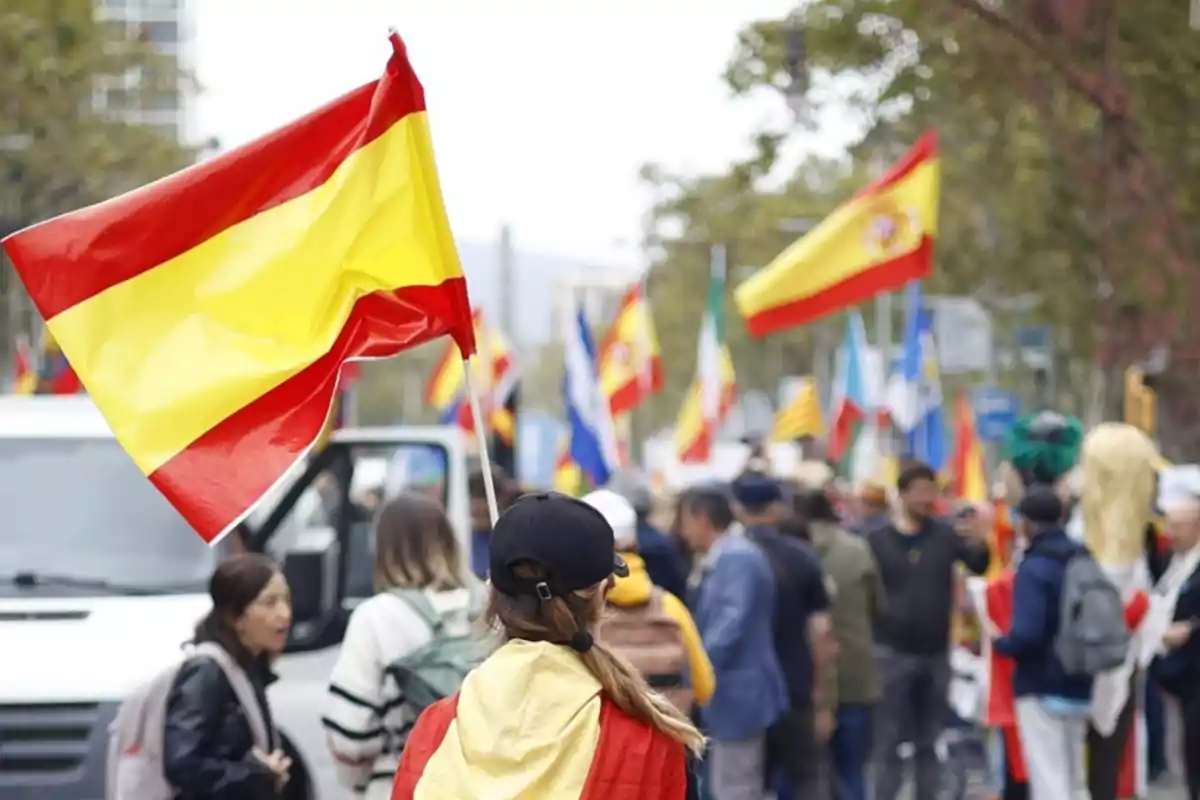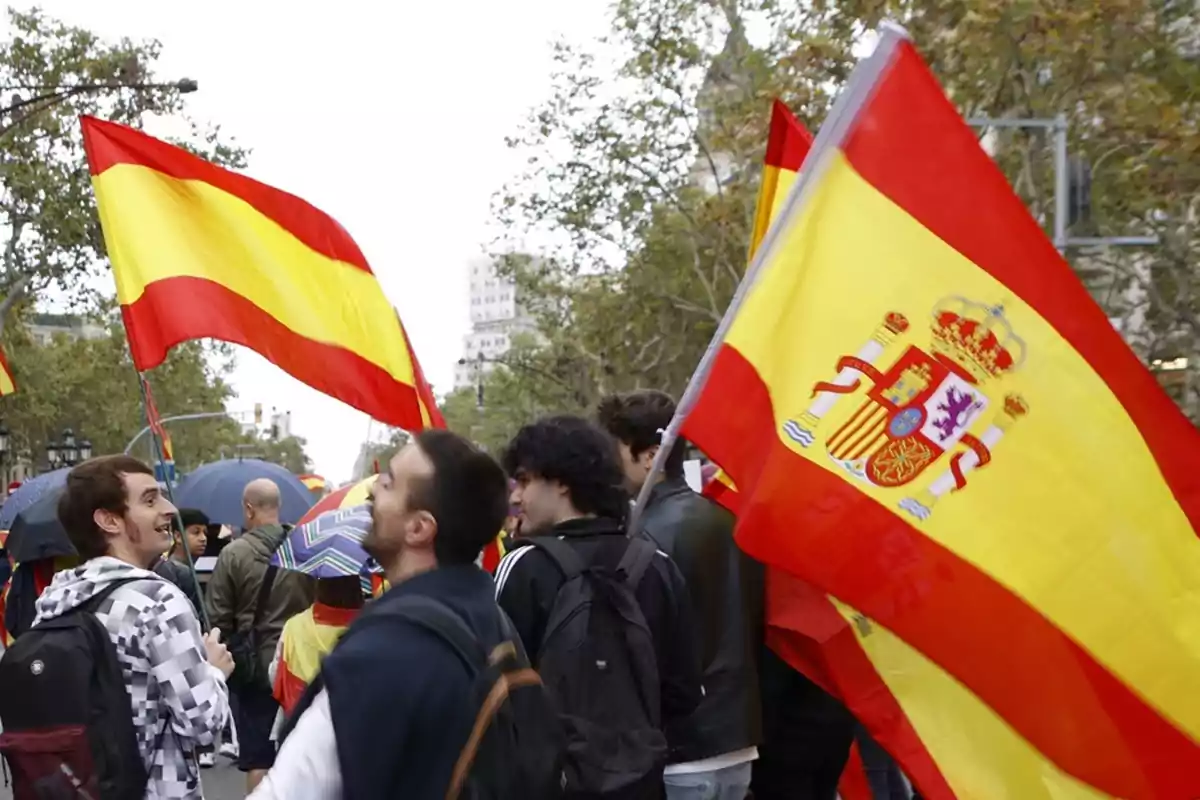
Survey Reveals Catalans Prefer to Stay in Spain and Reject Independence
The survey also reveals that the feelings caused by politics among Catalan voters are increasingly negative.
56.7% of Catalans prefer that Catalonia remains part of Spain, while 36.7% opt for independence. According to the 2024 annual survey by the Institut de Ciències Polítiques i Socials (ICPS).
Oriol Bartomeus, president of the ICPS, points out that the preference for independence "has been nuanced to the extreme." Currently, there is a tie between those who want independence and those who prefer that Catalonia continues as an autonomous community.
Additionally, he has warned about the sustained growth of those who prefer that Catalonia be reduced to a region of Spain, with the consequent cuts in autonomy and powers. Although this group represents 10%, it has been gradually increasing since the independence referendum.
The survey also reveals that the feelings caused by politics among Catalan voters are increasingly negative. Distrust reaches 28%, frustration 25.3%, and irritation 12.2%.

Bartomeus highlights that "the outlook is not very encouraging. Politics doesn't evoke positive feelings," pointing out the Catalans' rejection of the political process's development and politicians' behavior.
This ICPS study reflects a trend toward a greater preference for Catalonia's permanence in Spain and a decrease in support for independence. It also shows an increase in negative attitudes toward politics and growing distrust in the current political system.
It is relevant to observe how these trends may influence the Catalan political landscape and future decisions of political parties and leaders. The evolution of public opinion will be key to understanding the direction Catalonia will take in the coming years.
The ICPS survey shows a change in Catalans' preferences regarding independence. Along with growing dissatisfaction with the political class, which could have significant implications for the region's political future.

How the Government Favors the Basque Country and Catalonia in the Distribution of Minors
The socialist government is once again generating controversy. Last Thursday, the central and Canary governments reached an agreement for an extraordinary distribution of thousands of foreign minors. In total, 4,500, who have been gathered in Ceuta and the islands for months.
This is confirmed by The Objective. This agreement arises after the failure to amend the immigration law by both executives, which mandated the distribution of minors in the autonomous communities.
This new agreement, however, has sparked controversy. Because it incorporates an unprecedented formula that considers the community's effort in welcoming minors, not only currently but also in recent years. This could supposedly leave the Basque Country and Catalonia practically out of the distribution.
More posts: